“Connectomes” among species provide chip-design inspiration.



New nanocavities pave the way for enhanced nanoscale lasers and LEDs that could enable faster data transmission using smaller, more energy-efficient devices.
As we transition to a new era in computing, there is a need for new devices that integrate electronic and photonic functionalities at the nanoscale while enhancing the interaction between photons and electrons. In an important step toward fulfilling this need, researchers have developed a new III-V semiconductor nanocavity that confines light at levels below the so-called diffraction limit.
“Nanocavities with ultrasmall mode volumes hold great promise for improving a wide range of photonic devices and technologies, from lasers and LEDs to quantum communication and sensing, while also opening up possibilities in emerging fields such as quantum computing,” said the leading author Meng Xiong from the Technical University of Denmark. “For example, light sources based on these nanocavities could significantly improve communication by enabling faster data transmission and strongly reduced energy consumption.

Chemotherapy can be toxic to heart cells. To help protect the hearts of cancer patients, Cedars-Sinai investigators have created a three-dimensional “heart-on-a-chip” to evaluate drug safety. In a study published in the journal Lab on a Chip, they show that the heart-on-a-chip, created using stem cells, accurately predicts the effects of drugs on human heart cells.
The investigators worked with induced pluripotent stem cells, which are blood cells that have been reprogrammed into stem cells and can be turned into any cell type in the body. They used the stem cells to create two types of heart cells, but instead of placing them all together in an unstructured cell culture dish, as is usually done in heart toxicity testing, the investigators introduced the cells into specialized chips.
The 3D chips feature two channels that are arranged to cross each other, keeping each cell type separate but allowing them to interact. The chips also allow for movement and the introduction of fluids.
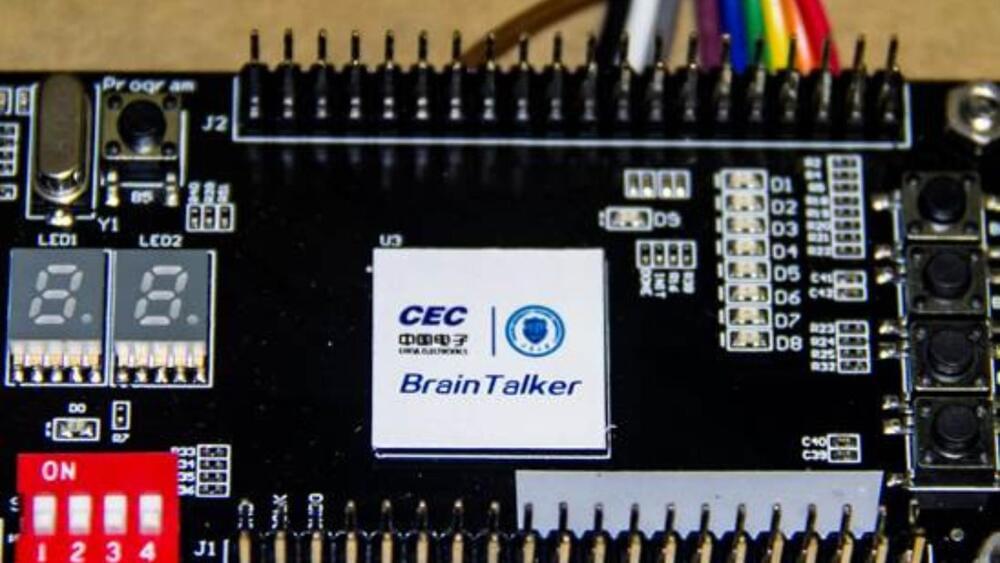
The recently published tech policy document by the Ministry of Industry and Information Technology reflects their dedication to fostering innovation and development in future industries. The roadmap emphasizes the importance of forward-looking planning, policy guidance, and cultivating new quality productive forces to support the country’s aspirations for global technological leadership.
The race for supremacy in brain-computer interfaces intensifies as the world watches China’s technological journey unfold. With Neuralink marking its milestones, China’s bold ambitions signal a new era of competition in the ever-evolving landscape of cutting-edge technologies.
The question now is not just about who will lead the race but what groundbreaking innovations lie ahead for humanity.
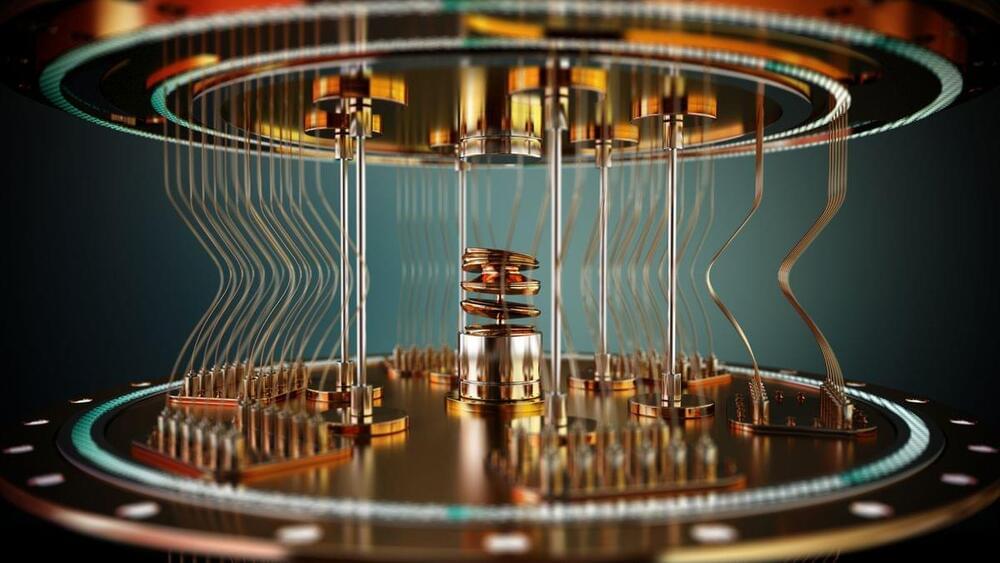
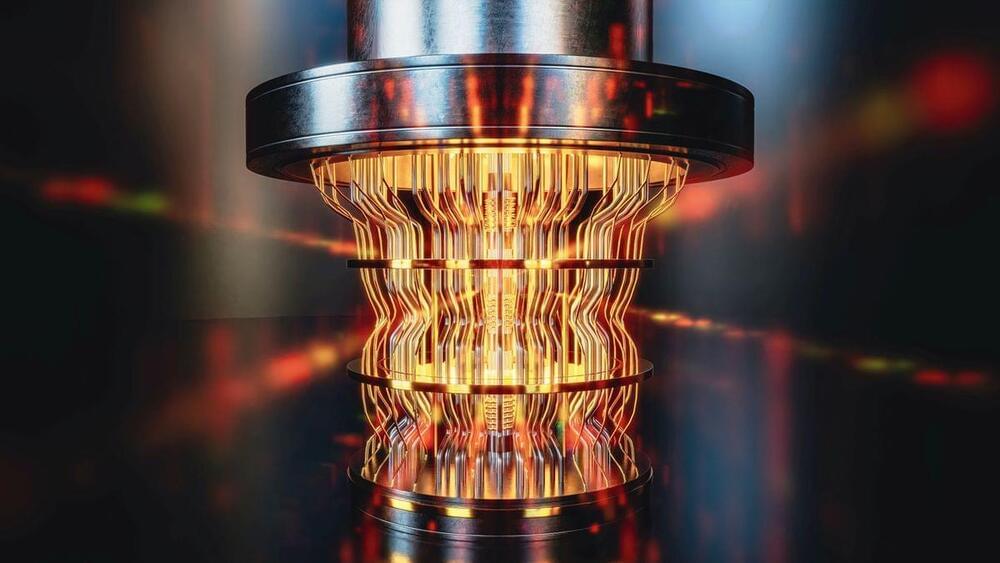
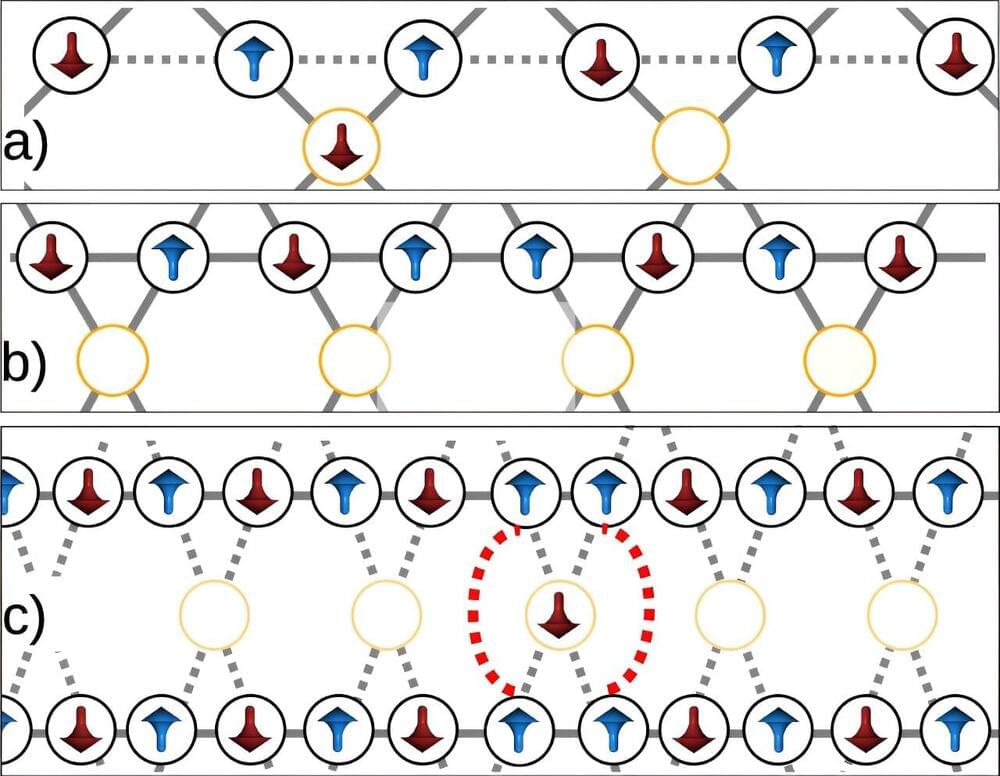
Experimental research conducted by a joint team from Los Alamos National Laboratory and D-Wave Quantum Systems examines the paradoxical role of fluctuations in inducing magnetic ordering on a network of qubits.
Using a D-Wave quantum annealing platform, the team found that fluctuations can lower the total energy of the interacting magnetic moments, an understanding that may help to reduce the cost of quantum processing in devices.
“In this research, rather than focusing on the pursuit of superior quantum computer performance over classical counterparts, we aimed at exploiting a dense network of interconnected qubits to observe and understand quantum behavior,” said Alejandro Lopez-Bezanilla, a physicist in the Theoretical division at Los Alamos.
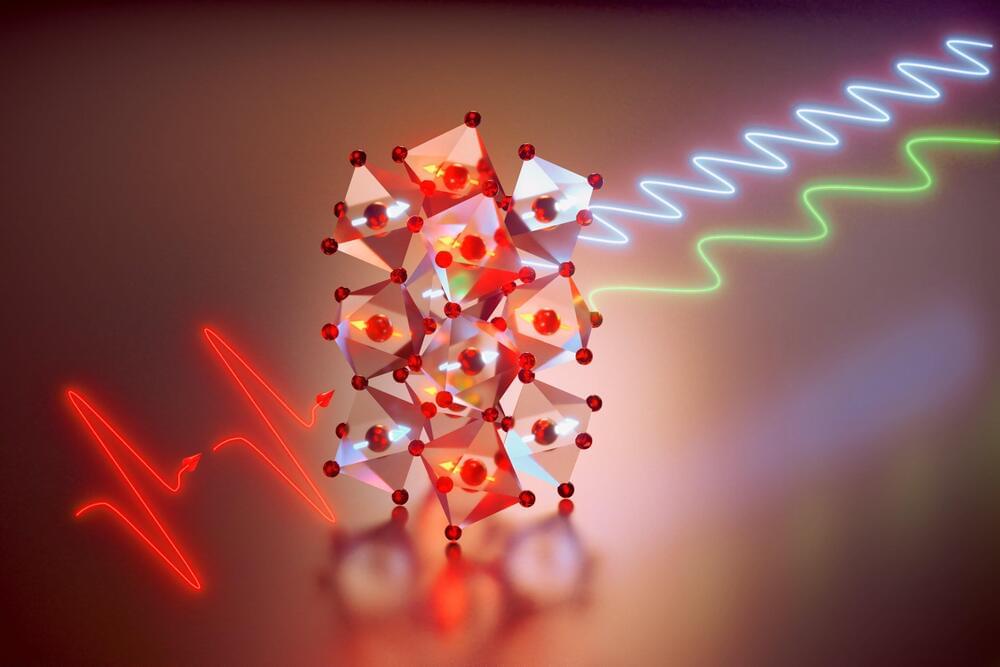
As demands for computing resources continue to increase rapidly, scientists and engineers are looking for ways to build faster systems for processing information. One possible solution is to use patterns of electron spins, called spin waves, to transfer and process information much more rapidly than in conventional computers. So far, a major challenge has been in manipulating these ultrafast spin waves to do useful work.
In a significant leap forward, researchers from The University of Texas at Austin and MIT have developed a pioneering method to precisely manipulate these ultrafast spin waves using tailored light pulses. Their findings are detailed in two studies in Nature Physics, led by MIT graduate student Zhuquan Zhang, University of Texas at Austin postdoctoral researcher Frank Gao, MIT’s professor of chemistry Keith Nelson and UT Austin assistant professor of physics Edoardo Baldini.
A key component underlying our smartphones, the internet and cloud computing is magnetic data recording technology for storing and retrieving vast amounts of information. This technology hinges on the manipulation of the magnetic spin states (up and down) in ferromagnetic materials, representing the binary bits “0” and “1.” These spins are minuscule magnets, whose alignment determines the material’s magnetic properties.

I believe that the nanotransfection using internal biocomputing will change psychiatric problems because it will physically repair problems with biocomputing rather chemical based computers. Also this could heal the software components aswell of the mind aswell.
Millions of Americans experience symptoms of a mental health condition each year, and the number of people seeking care is trending upward. While a mental health diagnosis may impact an individual’s daily life, it can also have a ripple effect across families, communities and even economies.
Here’s a closer look at the current state of mental health, including how many people experience mental health conditions and which populations are most at risk.
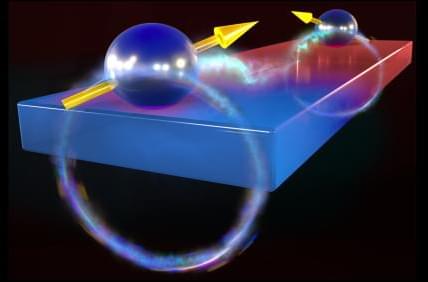
When you push a button to open a garage door, it doesn’t open every garage door in the neighborhood. That’s because the opener and the door are communicating using a specific microwave frequency, a frequency no other nearby door is using.
Researchers from the U.S. Department of Energy’s (DOE) Argonne National Laboratory, the University of Chicago, the University of Iowa and Tohoku University in Japan have begun to develop devices that could use the same principles — sending signals through magnets instead of through the air — to connect individual qubits across a chip, as reported in a new paper published in the Proceedings of the National Academy of Sciences.
“This is a proof of concept, at room temperature, of a scalable, robust quantum technology that uses conventional materials,” said David Awschalom, the Liew Family professor in molecular engineering and physics at the University of Chicago’s Pritzker School of Molecular Engineering; the director of the Chicago Quantum Exchange; the director of Q-NEXT, a DOE National Quantum Information Science Research Center hosted at Argonne; and the principal investigator of the project. “The beauty of this experiment is in its simplicity and its use of well-established technology to engineer and ultimately entangle quantum devices.